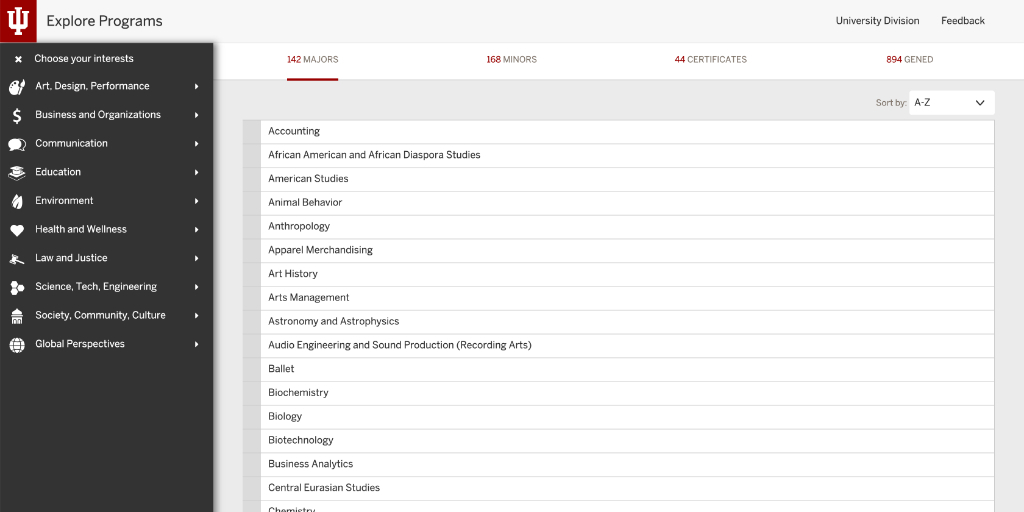Anthropology Major Related Careers
The following careers are directly or indirectly related to the study of this major. Click the job title to learn more about it. To search for more career options, visit OnetOnline.org.
Anthropology is the interpretive, scientific, and comparative study of humankind. Students will learn about topics from the origins of humanity to the ongoing changes in contemporary societies. Course topics include human biology, health and evolution, food trade and sustainability, social networks and the arts, global cultures and indigenous heritage, social media and endangered languages, and more. Students will also engage with faculty with international fieldwork and research experience of all sorts within the disciplines of Anthropology. The Department of Anthropology offers courses in the history of the discipline, museum studies, general anthropology, and in four core subfields:
All students will gain experience in two or more of these subfields. Students will also study anthropological methodology, getting hands-on experience with an aspect of anthropological investigation that the student chooses.
Students may also wish to pursue an Anthropology/Linguistics BA as an interdepartmental major. Students of this major will gain experience in both linguistics and anthropology to focus on language, culture, and the relationships between these domains. Coursework will provide both a historical perspective on language as well as an investigative perspective developed through a fieldwork course. Students may also select an African or American focus, studying in-depth the languages and cultures of that region.
For detailed information about the Anthropology/Linguistics major and degree requirements, visit the Anthropology departmental website and most recent College of Arts and Sciences Academic Bulletin.
Talk with a coach about your questions related to this major, your interests, and your career goals.
Schedule an appointment
University Division's Explore Programs tool is the place to go for academic information about any IUB major, minor, or certificate.
Open in Explore ProgramsThe following careers are directly or indirectly related to the study of this major. Click the job title to learn more about it. To search for more career options, visit OnetOnline.org.
John Holland developed a theoretical framework consisting of six general themes that describe broad areas interest relating to self and the working world. If you are interested in discovering your career interests, visit our Learn more about yourself page to learn about the Strong Interest Inventory.
This major consists of the following themes:
Below is a sampling of skills related to this major mapped from the Skillscan Driver Assessment. The SkillScan assessment provides a simple 3-step process to help you learn about your strengths and weaknesses, the skills you enjoy and want to use in a career and those skills needing development. Consider taking the SkillScan assessment to better understand your skills as it relates to majors at IU.
Our unique IU Career Guides offers the A-Zs of each field’s preferred educational backgrounds, as well as employment opportunities and insider tips, industry-related interview questions, and a lot more. Below are related career guides for this major.